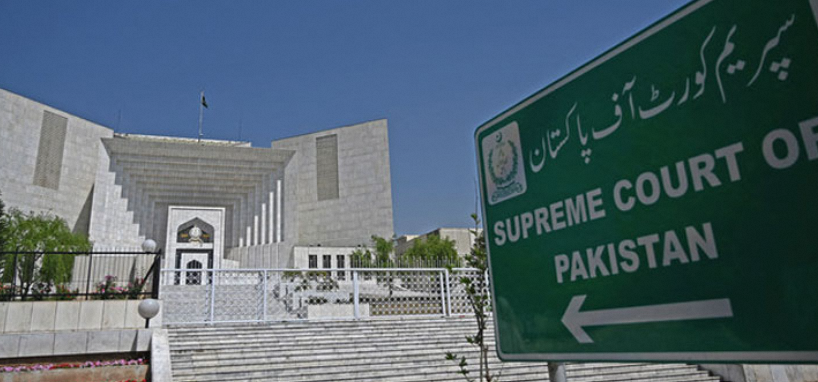
Supreme Court Resumes Hearings on Contempt Case Against PTI Founder
The Supreme Court of Pakistan has intensified its focus on a high-profile contempt of court case against the founder of the Pakistan Tehreek-e-Insaf (PTI). The case revolves around alleged violations of court directives, with the judiciary assessing whether these actions undermined judicial authority. Legal experts view this case as a crucial test of the judiciary’s ability to enforce accountability at the highest levels of political leadership.
The PTI founder, known for his contentious rhetoric, is accused of ignoring specific judicial orders during a politically sensitive period. The hearings have sparked widespread public and media interest, with implications for the relationship between Pakistan’s judiciary and political class. The case has also highlighted the need for political leaders to adhere to institutional checks and balances.
During recent proceedings, the court scrutinized evidence, including public statements and official actions. Lawyers representing both sides have engaged in vigorous arguments, underscoring the complexity of the case. If found guilty, the PTI founder could face significant legal penalties, including potential disqualification from holding public office.
Observers note that the case is more than a legal battle—it represents a broader struggle to uphold the rule of law in Pakistan’s volatile political environment. The outcome is likely to set a precedent for addressing future instances of contempt and reinforcing judicial authority across all sectors of governance







